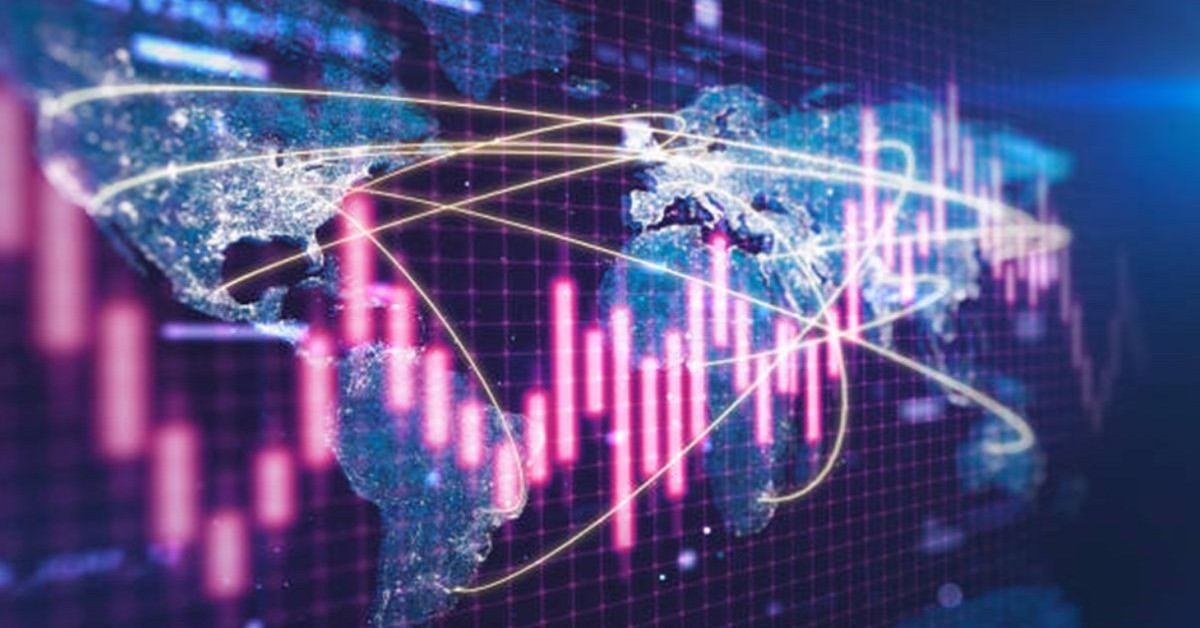When you're attempting to determine the direction of the economy, three numbers are more important than everything else. GDP, inflation, and unemployment, economists refer to them as the "big three" for a reason. They are sort of the vital signs of an economy, indicating to you if things are healthy, sick, or somewhere in between.
Let's dissect why these indicators are important and how they really impact your day-to-day life.
GDP: Report Card for the Economy
GDP tracks everything produced in a country, when it increases, the economy is growing; when it decreases, there could be trouble on the horizon.

Consider GDP, Gross Domestic Product, as the summation of the value of all that a country produces in one year. It's essentially the size of the economy and whether it's expanding or contracting.
When GDP increases, companies are producing more products, consumers are purchasing more goods, and overall, things are looking good. When GDP falls, that is when economists begin tossing around bad words like "recession."
Here's the cool part: GDP no longer follows just factories and tangible goods. It tracks everything from that haircut you received last week to streaming services and even gold online trading sites that allow investors to venture into precious metals markets. If cash has exchanged hands for a service or item, it's included in GDP.
Inflation: When Your Money Doesn't Go As Far
Inflation indicates how quickly prices are increasing, and a small amount is good, but excessive inflation means your salary can purchase less now than previously.
Inflation is likely the figure you most obviously feel. It is the rate that prices rise over time.
Remember when coffee used to cost less? That's inflation at work. A little bit of inflation, around 2% per year, is actually considered healthy. It means the economy is growing and people are confident enough to spend money.
But when inflation spirals out of control, it steals your purchasing power. Now your paycheck doesn't go as far as it once did. You pay more for groceries, gasoline, and just about everything else. Central banks monitor inflation like hawks because keeping it under wraps is one of their main responsibilities.
The catch: Stopping inflation often requires increasing interest rates, which slows the economy. It's a balancing act.
Unemployment: The Human Cost
Unemployment shows you how many individuals seeking employment are unable to find work, which impacts families directly and powers the entire economic cycle.
Unemployment informs you what proportion of individuals that desire to work can't. It's the most human of the three indicators since it impacts individuals' lives and livelihoods directly.
Low unemployment is wonderful, it indicates that the majority of those looking for employment have jobs. Corporations fight over workers, salaries increase, and consumer confidence remains high. Individuals with regular incomes are likely to spend money, keeping the economic machine rolling.
High unemployment, however, is a vicious cycle. Unemployed people can't spend, companies don't do well, and they may cut more jobs. It's the kind of thing that can slow an economy for decades.
How They All Connect
These three indicators continuously feed back on each other, robust growth can ignite inflation, battling inflation can raise unemployment, creating a never-ending economic balancing act.
Here's where it gets really interesting: these three indicators don't exist in isolation. They're constantly pushing and pulling on each other.
Strong GDP growth usually means lower unemployment, more production requires more workers. But if growth happens too fast, it can trigger inflation because demand outpaces supply. To cool things down, central banks might raise interest rates, which can slow GDP growth and potentially increase unemployment.
Investors can pursue different strategies during various stages of economic cycles, ranging from conventional stocks and bonds to others such as gold online trading, based on how these indicators are trending.
With increasing inflation, certain market players might look towards assets that are conventionally considered hedges for inflation, although individual situations are quite diverse.
Conclusion
Learning about GDP, inflation, and unemployment won't turn you into an economist in a single night. But having an idea of what these numbers represent helps you better understand economic news and how policy choices may impact your life.
The next time you hear these words bandied about on the news, you'll know precisely what's on the line, and why everyone cares so very much about three seemingly innocuous numbers.








 CAclubindia
CAclubindia
